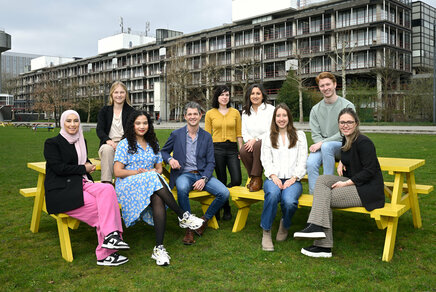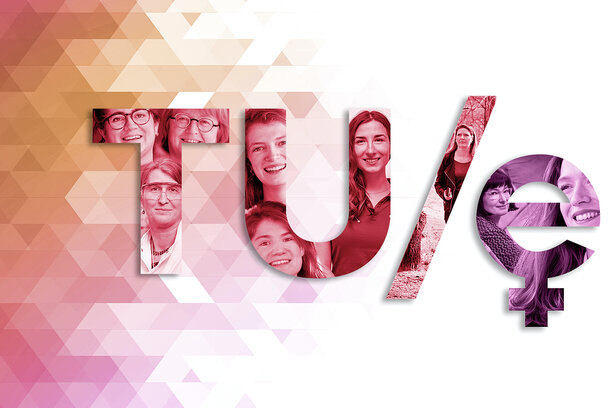“Gender equality should be more than window dressing”
As of January 2022, European funding applications by researchers will only be considered if they submit a Gender Equality Plan. The plan is in place at TU/e, but it includes more than restoring the male-female ratio.
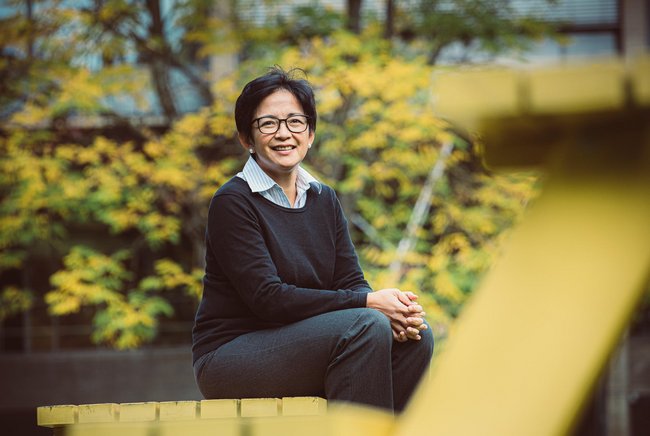
Checking a box when applying for European research funding. The Gender Equality Plan, which came into effect in October, is more than that. It combines all our university’s efforts to address gender inequality. “It’s not just a plan that exists merely on paper, I also see that we are moving forward,” professor of Computational Science Karen Veroy-Grepl says. “The topic is being taken seriously. We aren’t there yet, but everyone is doing their best.”
For years now, scientists need to check a box next to the question ‘does your institution have a Gender Equality Plan?’ whenever they apply for European research funding. Up to now, TU/e researchers were unable to answer that question affirmatively. Without consequences, incidentally. But as of January 2022, researchers will no longer be eligible for funding if they don’t upload this Gender Equality Plan (GEP). In short: no plan, no research funding.
“A bold statement from Brussels,” TU/e adviser international research Sandra Hesping says. She co-authored the Gender Equality Plan. “Brussels takes a very clear stance: European higher education institutions and research organizations need to improve gender equality. The EU has been addressing this issue for twenty years now, and yet there are still people who are surprised to learn that a GEP has now been made mandatory. This applies to all calls within the Horizon Europe program,” Hesping says.
Paper tiger
The plan brings together all of TU/e’s efforts over the years to address gender inequality. These efforts include active bystander training sessions, networks that address the issue of diversity within the university, and TU/e’s preferential policy for hiring female scientists within its Irène Curie Fellowship program. “It’s important to show that this is a continuous effort, and that the university monitors the results. It should be more than a plan written on a piece of paper. We need to ensure that it becomes an important issue to everyone within our community,” Hesping says.
The reason behind the GEP may be that researchers need to check a box, but Hesping also sees opportunities to bring implicit gender bias to people’s attention. “All of us have unconscious prejudices against others. It would be great if people were to become aware of this, and that we will be able to say: ‘hey, I didn’t mean it like that.’ If we understand why people say or do certain things, and that these things are sometimes motivated by cultural differences, it will be easier to sympathize with one another and to arrive at a solution together.” She stresses that it’s not just about raising the number of women in the workplace, but also about changing our work environment and culture. “We ourselves need to become more open, more inclusive, and we need to involve people more.”
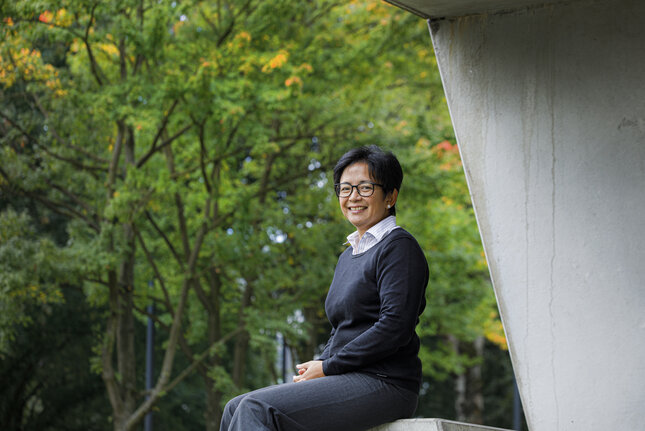
Important step
Karen Veroy-Grepl was appointed professor at the department of Mathematics and Computer Science in January 2020. She was hired within the Irène Curie Fellowship program. “I’m impressed by how seriously TU/e addresses gender equality. And I don’t just refer to the Gender Equality Plan, but particularly to how serious my colleagues are about this topic. They ask themselves whether a remark they make might be offensive or not. They are prepared to change, to make an effort. That’s what matters most to me. There is a debate, and I feel free to speak my mind. We can’t always agree, but we talk about it. That’s an important step.”
During a job interview, I was asked how I expected to combine work and family life. My husband applied at the same institution. Do you think they asked him that same question?
Karen Veroy-Grepl, professor of Computational Science
The unconscious bias in favor of men over women is something Veroy-Grepl personally experienced during her scientific career. “My husband and I once applied for different positions at the same institution. During my interview, I was asked how I expected to combine the job with my family life. Do you think they asked my husband that same question?
She says that she taught her daughters at a very early age that they should never be told that they can’t do something because they are girls. “Because even as early as kindergarten they get a different message subconsciously. When a teacher wants to move a table, he or she will ask a couple of strong boys to help. There are toys aimed at boys and toys aimed at girls. I want my daughters to decide for themselves what they want to do with their lives, and not to be told by someone else what they can and cannot do because of their gender. The same is true for my son. If he wants to do a job that women usually do, I’m fine with that. I’m glad to see more and more male teachers and nurses.”
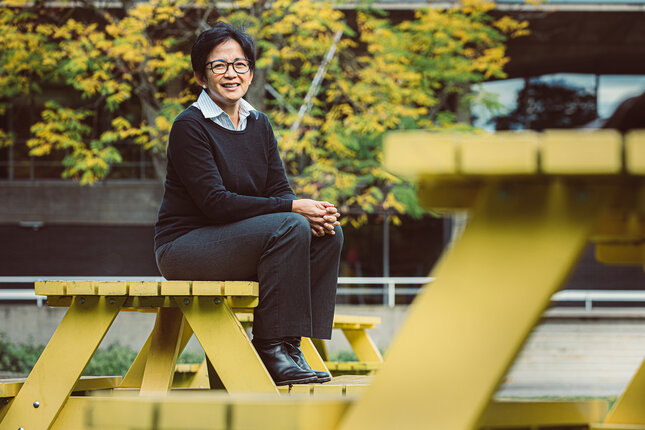
There were times when I wanted to leave academia, because I didn’t have role models who combined their careers with family life
Karen Veroy-Grepl, professor of Computational Science
Those role models are important, Veroy-Grepl firmly believes. “There were times in the beginning when I didn’t think I could stay in academia because, back then, I had no role models who combined an academic career and family. And I knew that I wanted to start a family.”
That is why she speaks very openly about her family – she and her husband have three children. “It’s so very important for students to have role models, to see women who combine a career and family life in the world of academia. If you have enough successful examples, it will become normal.” She feels that it is important to mentor young women and help them succeed finding their path in academia. “I hope that one day it will be completely normal for women to work in science.”
Equality
It’s impossible to successfully combine a scientific career with a family without equality and the support of one’s partner, Veroy-Grepl says. “My husband is a professor as well, and he decided to work fewer hours so that I could take this job. It would have been impossible without his support. But it works both ways, naturally. I would like it if men, in turn, would speak openly about this as well.”
Read more about our Gender Equality Plan.
More on our strategy

![[Translate to English:] [Translate to English:]](https://assets.w3.tue.nl/w/fileadmin/_processed_/c/f/csm_BvOF_2024_0319_AEV_license_TUe_Dirk_van_Meer_-_CORE_1__c976e259a5.jpg)
